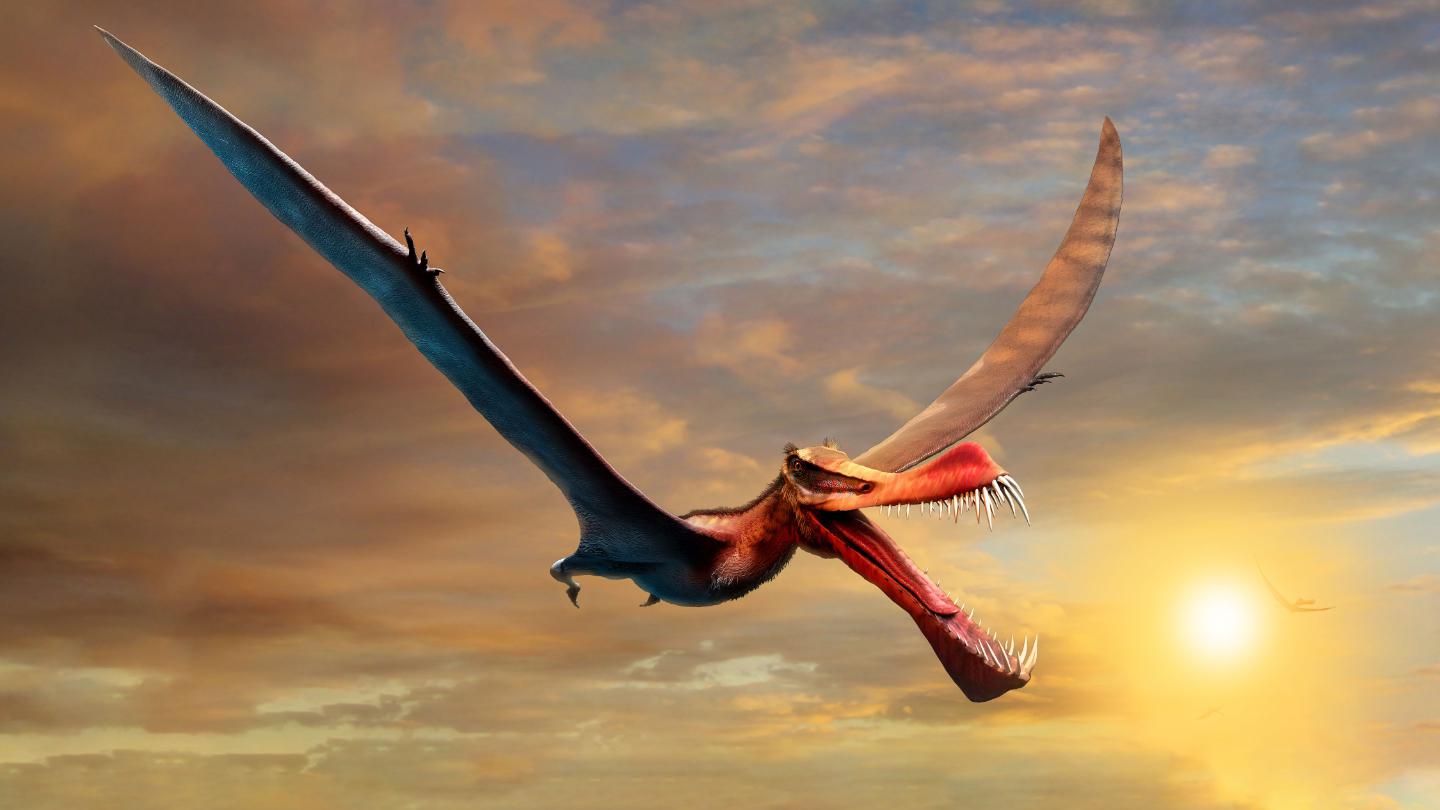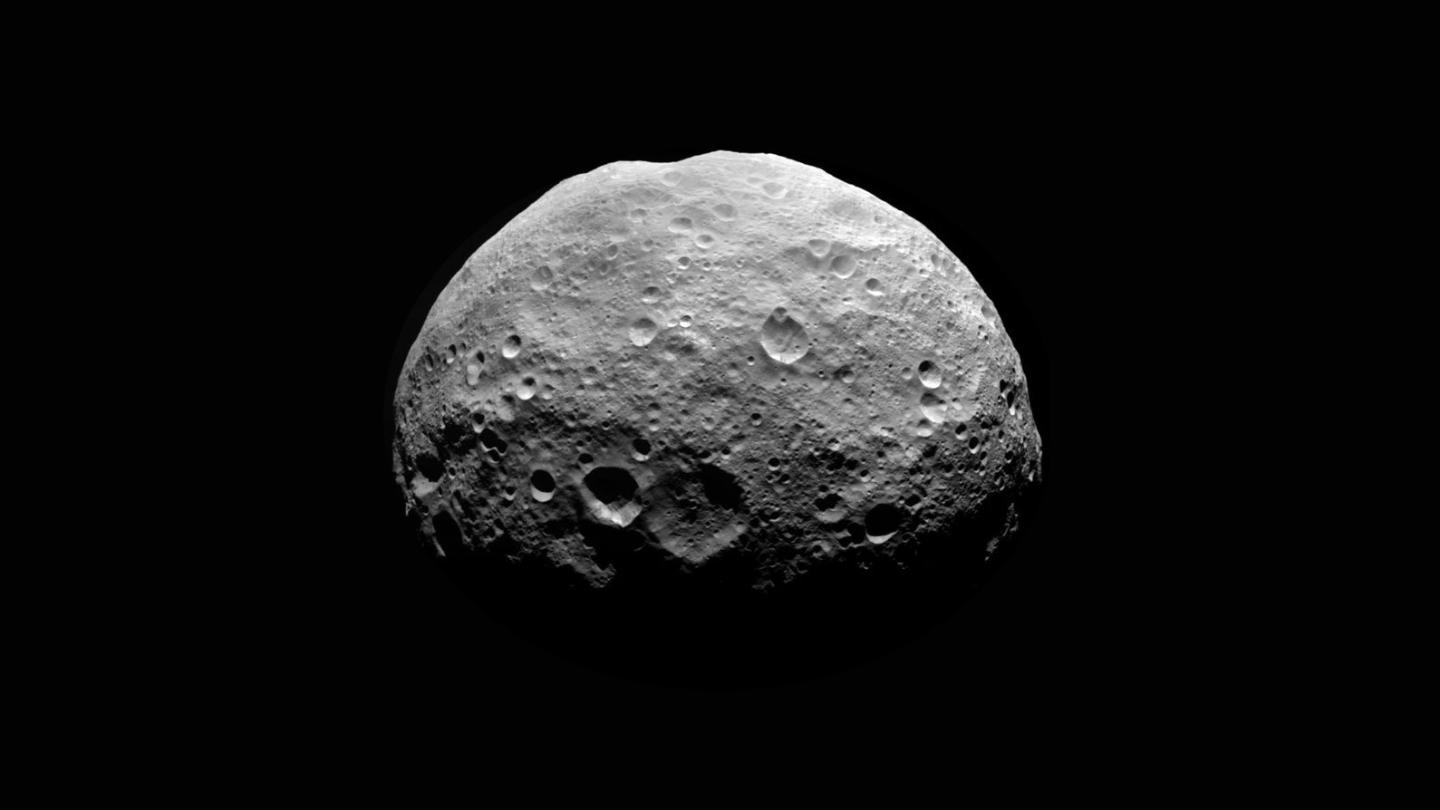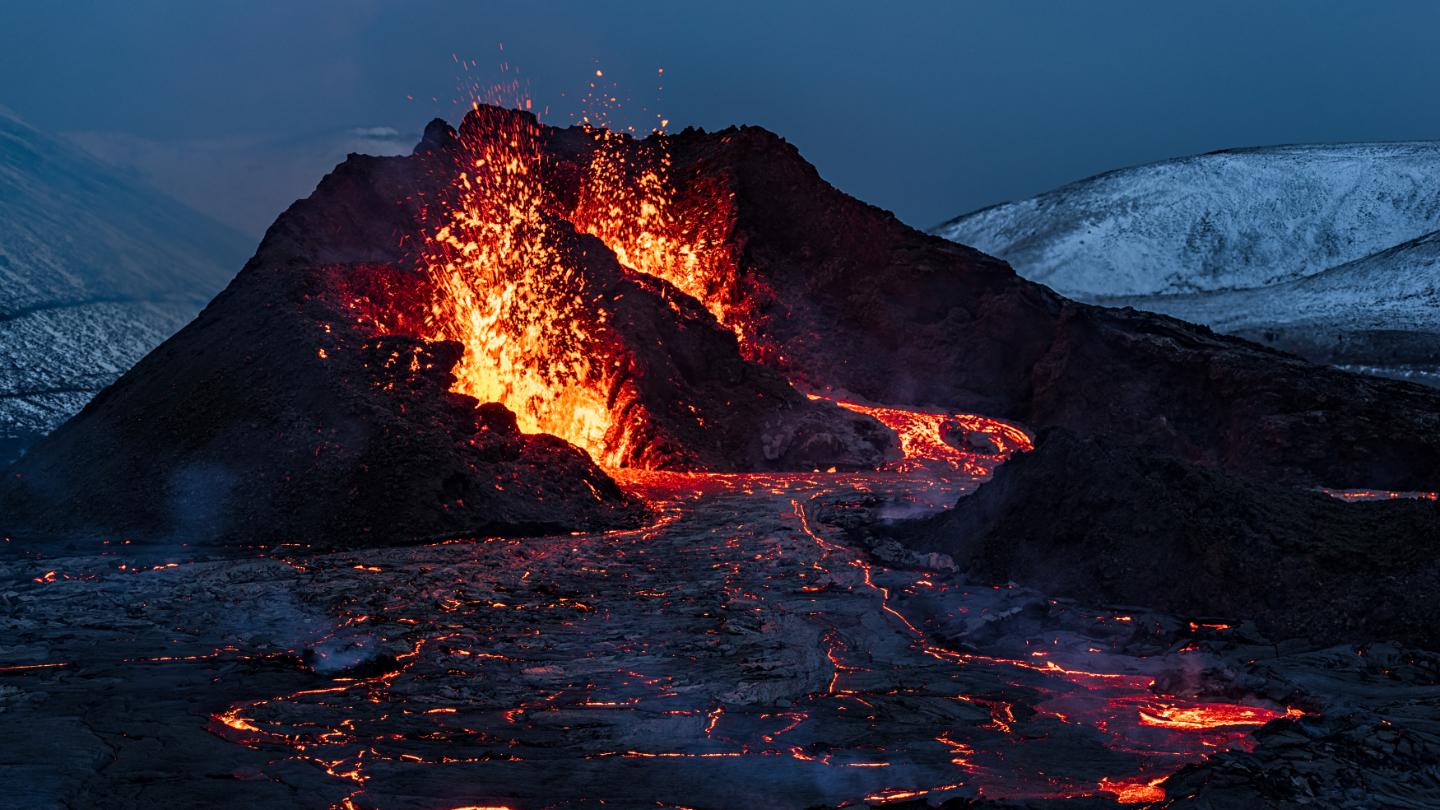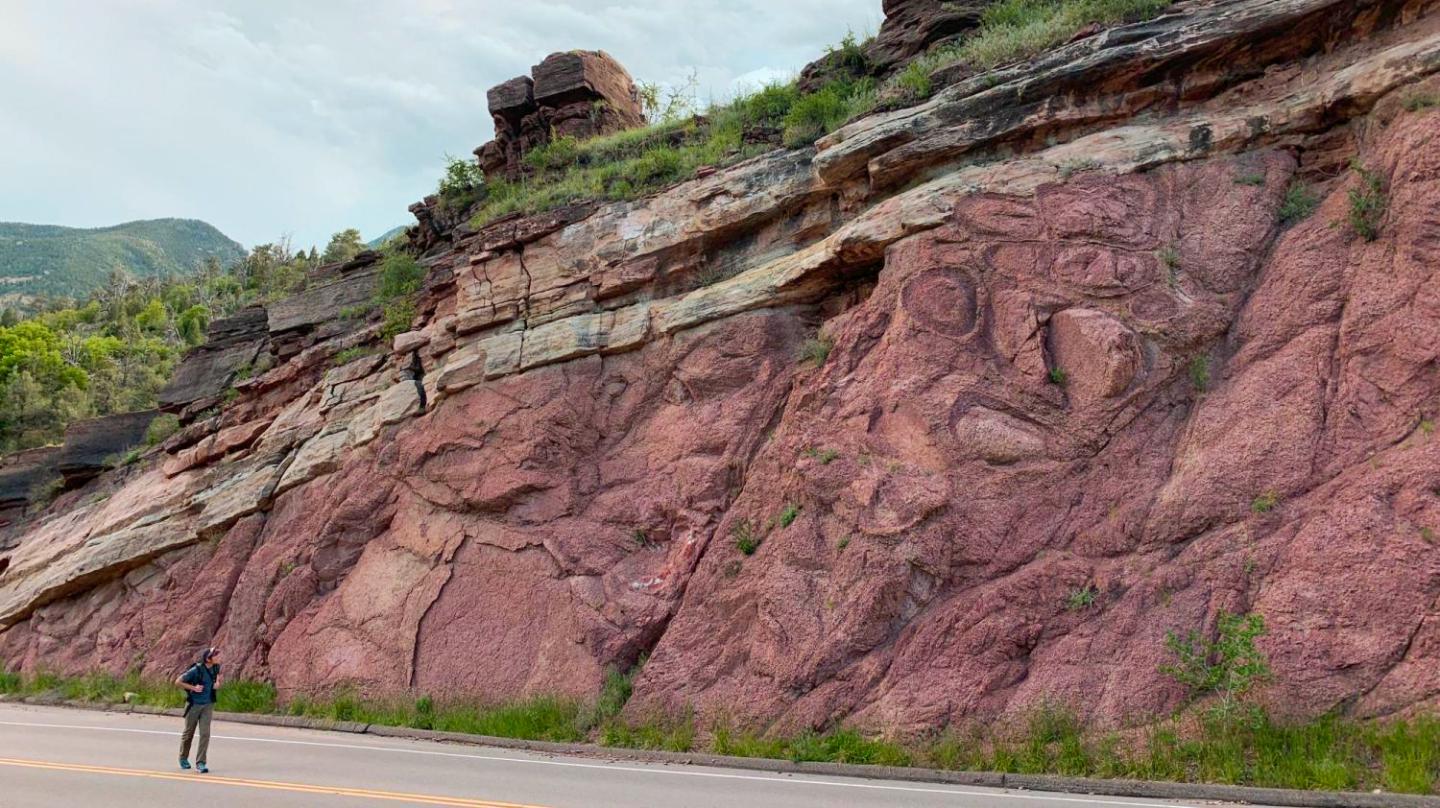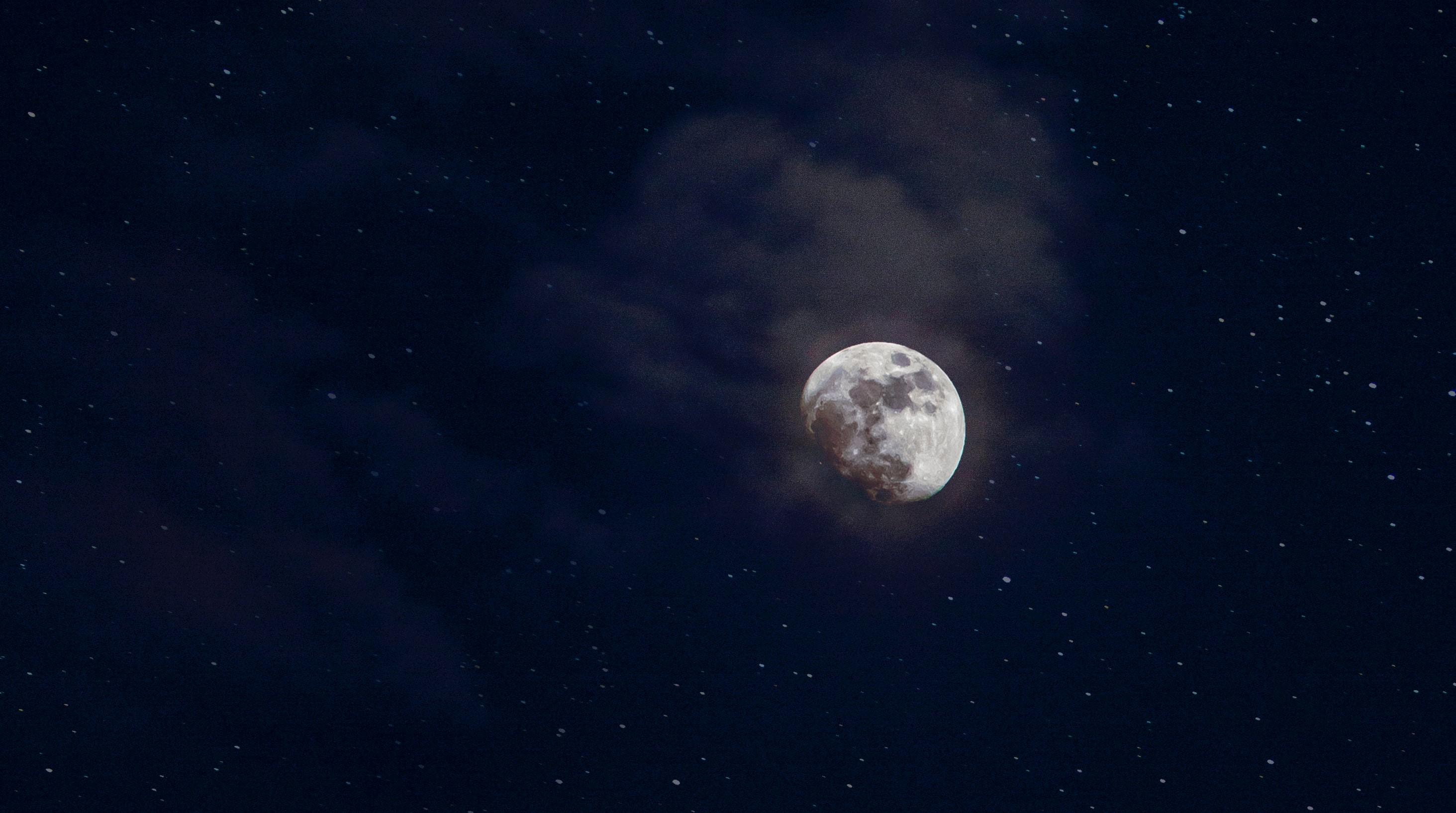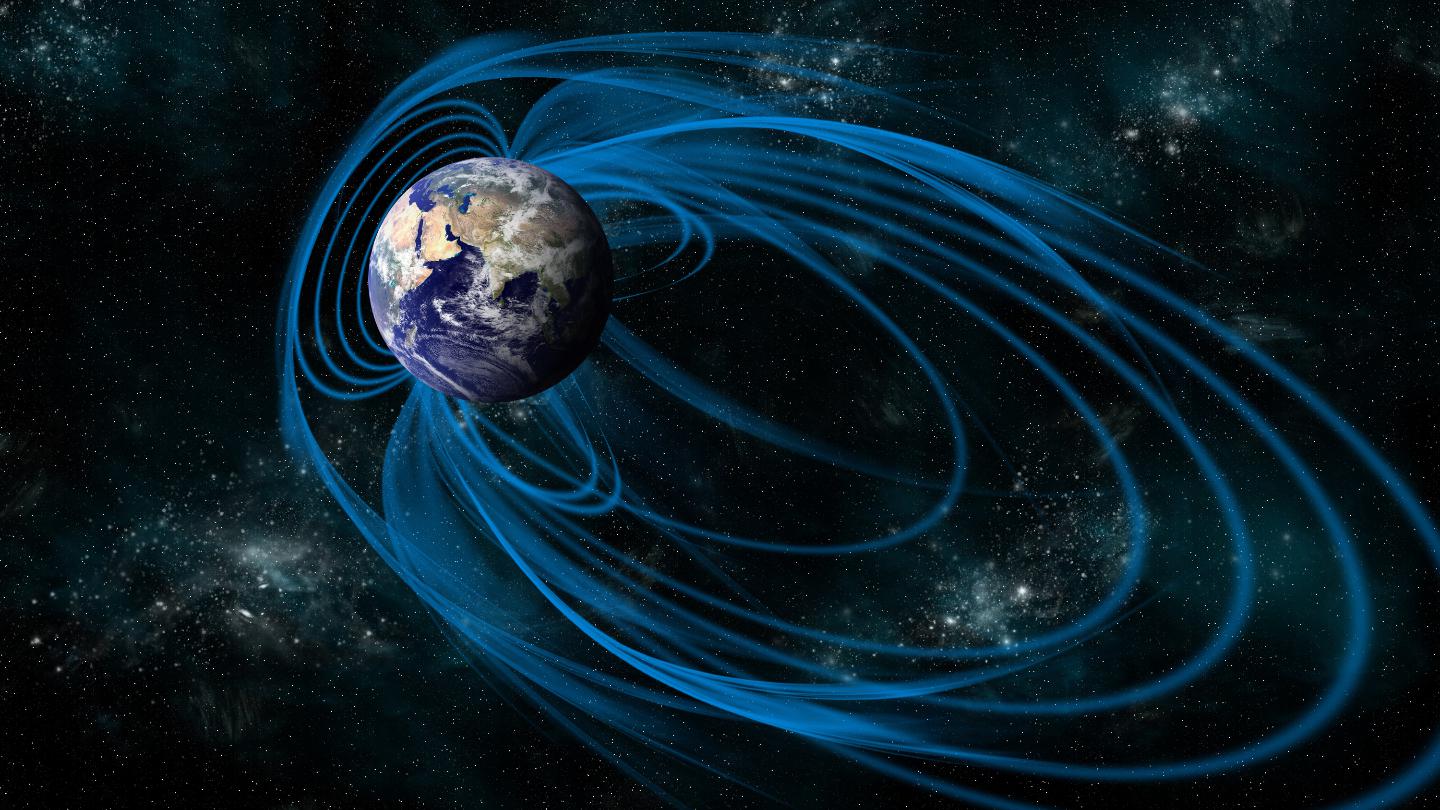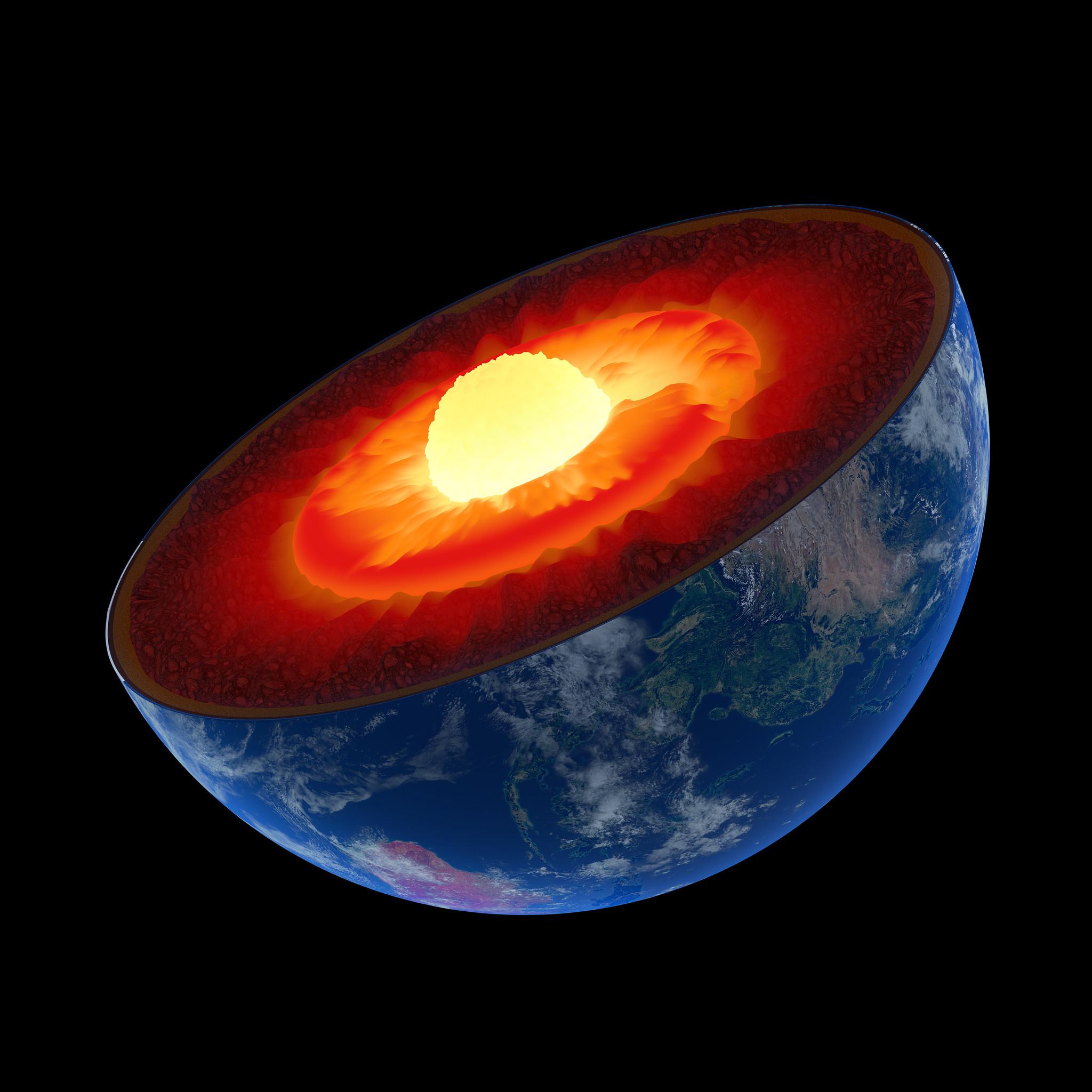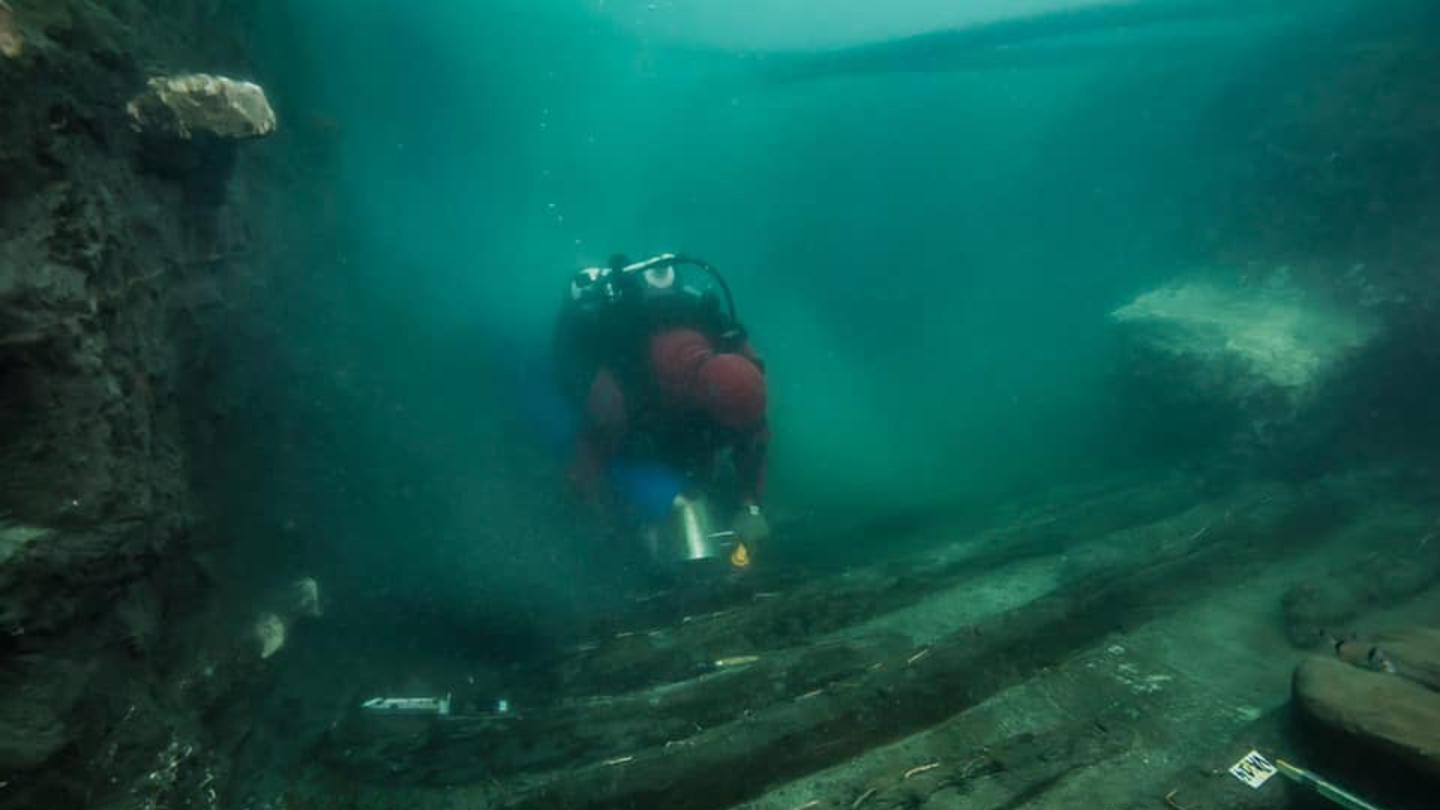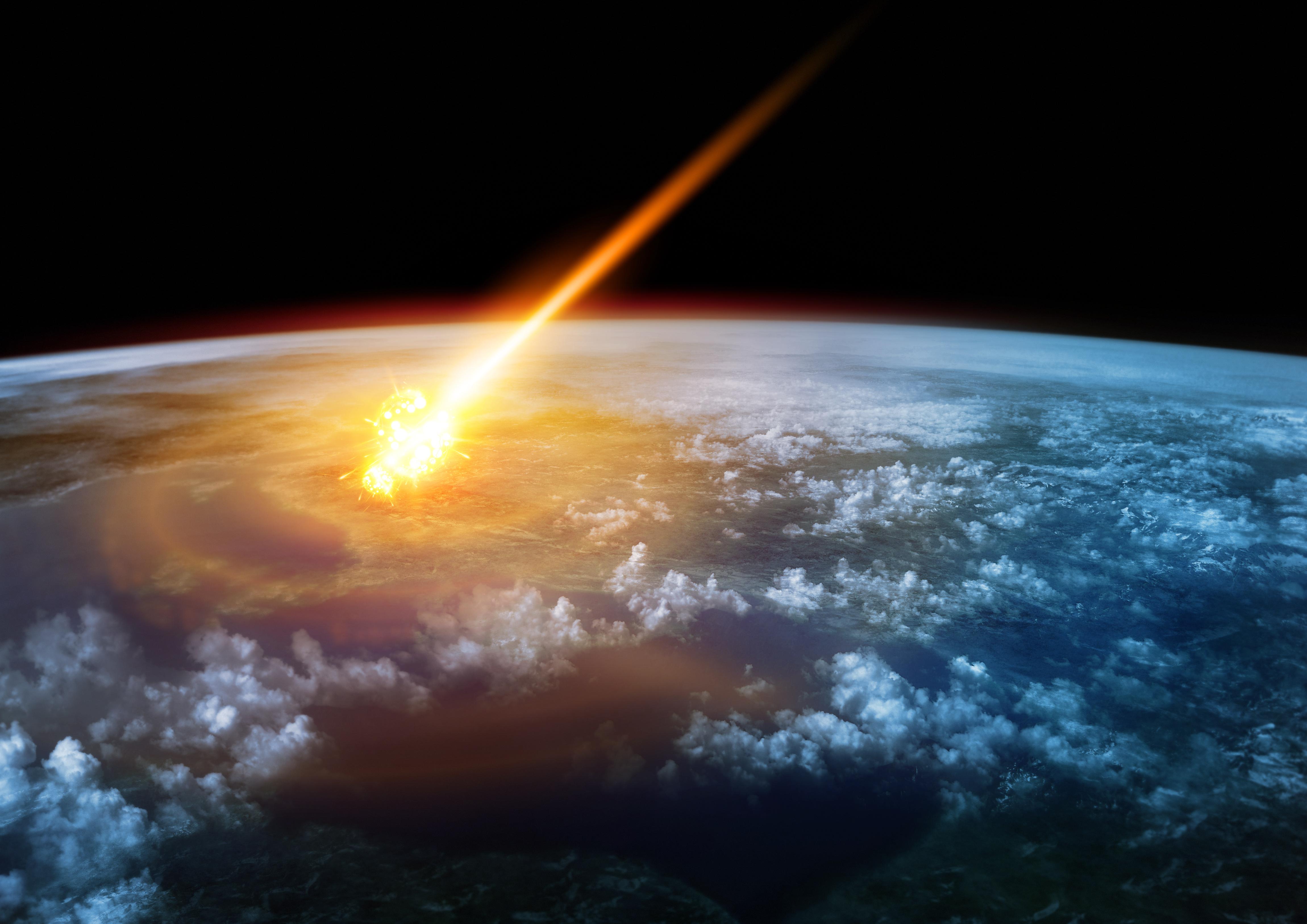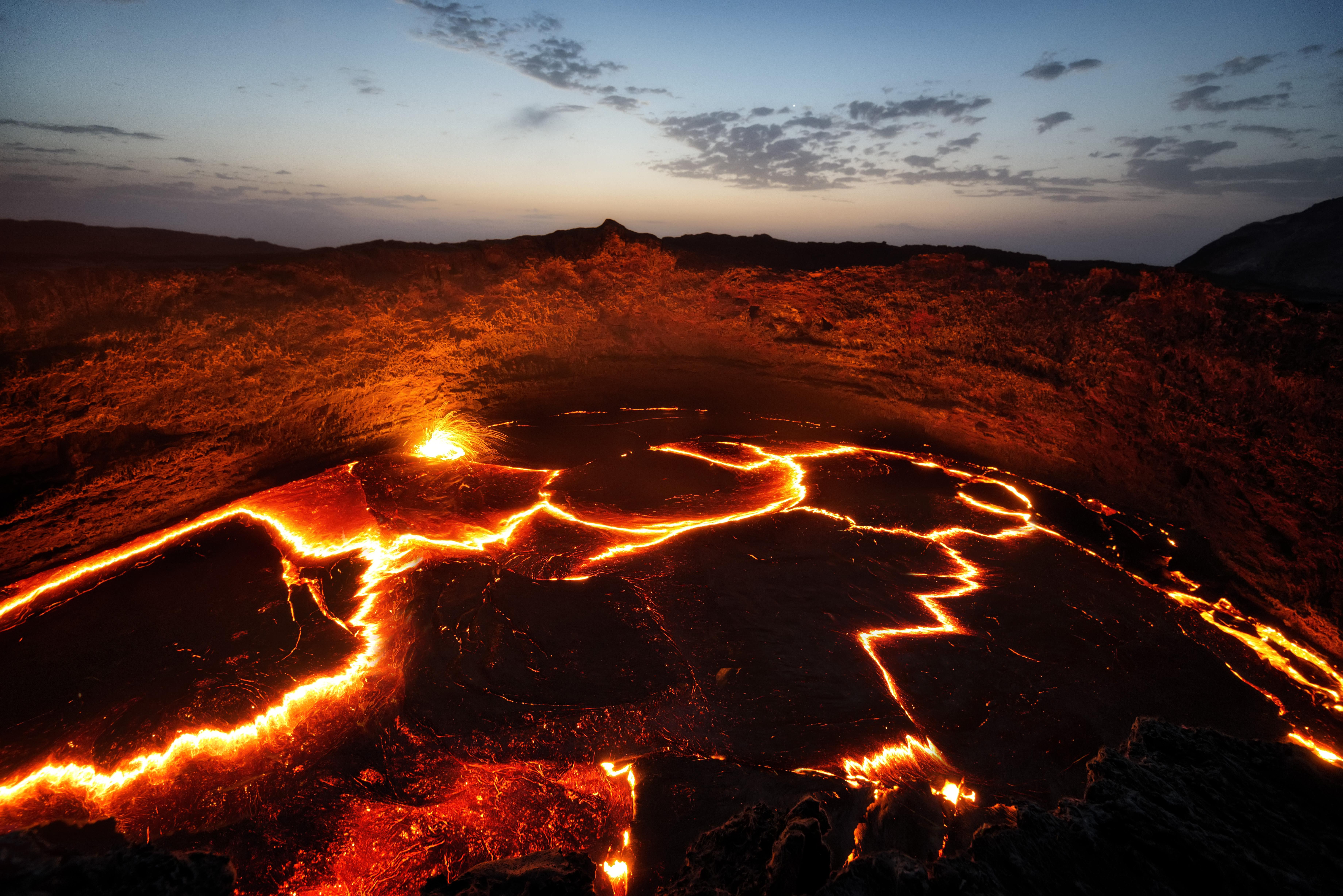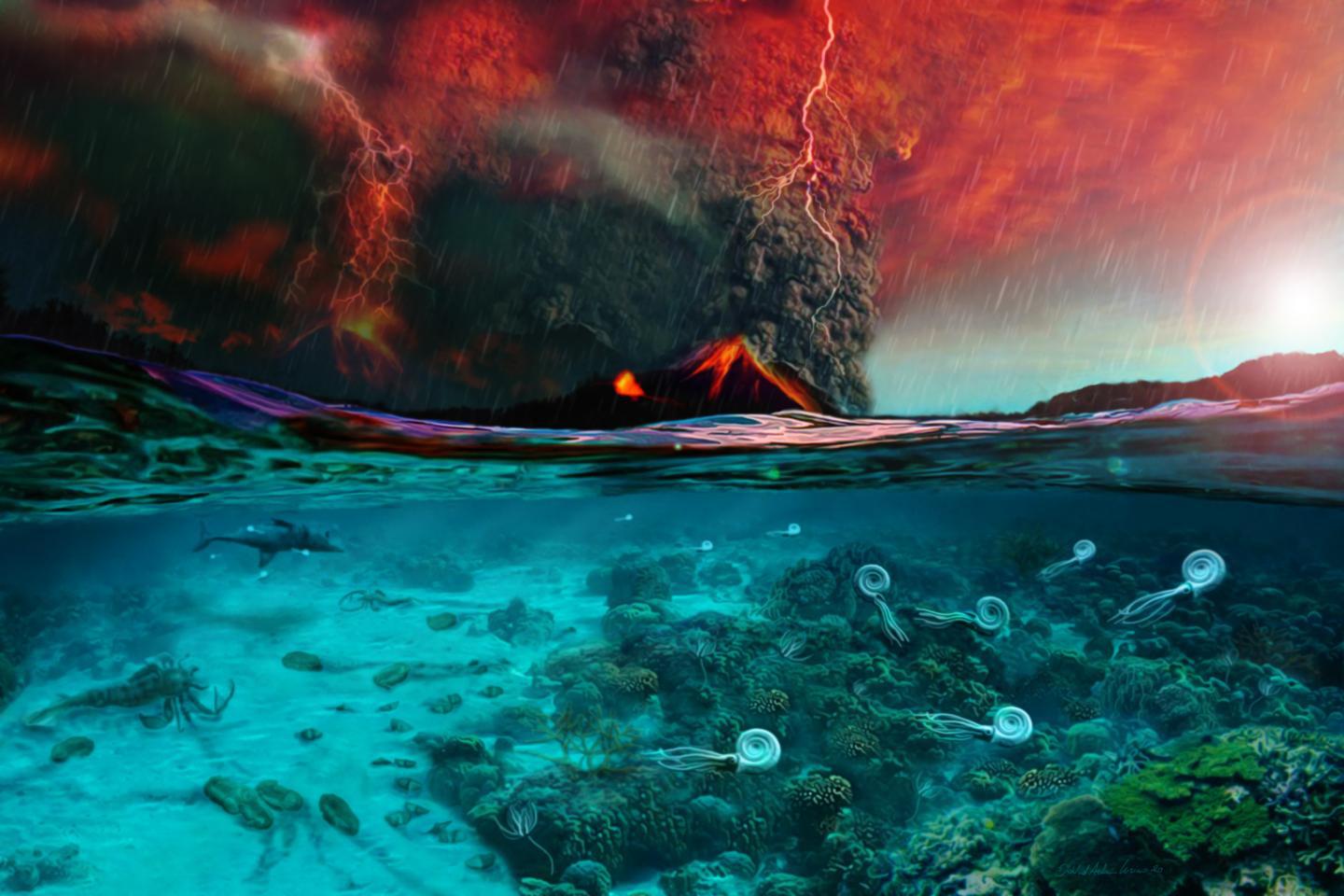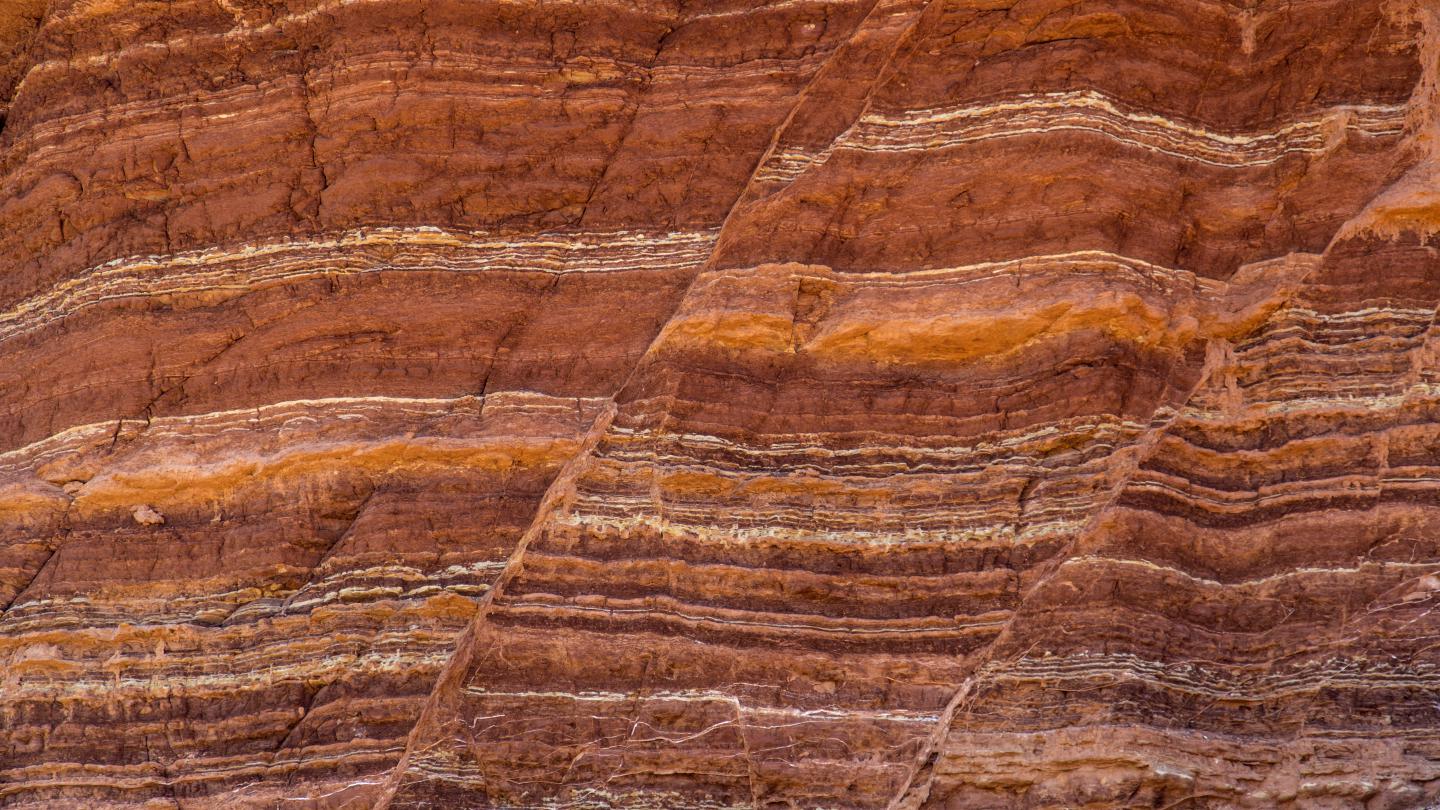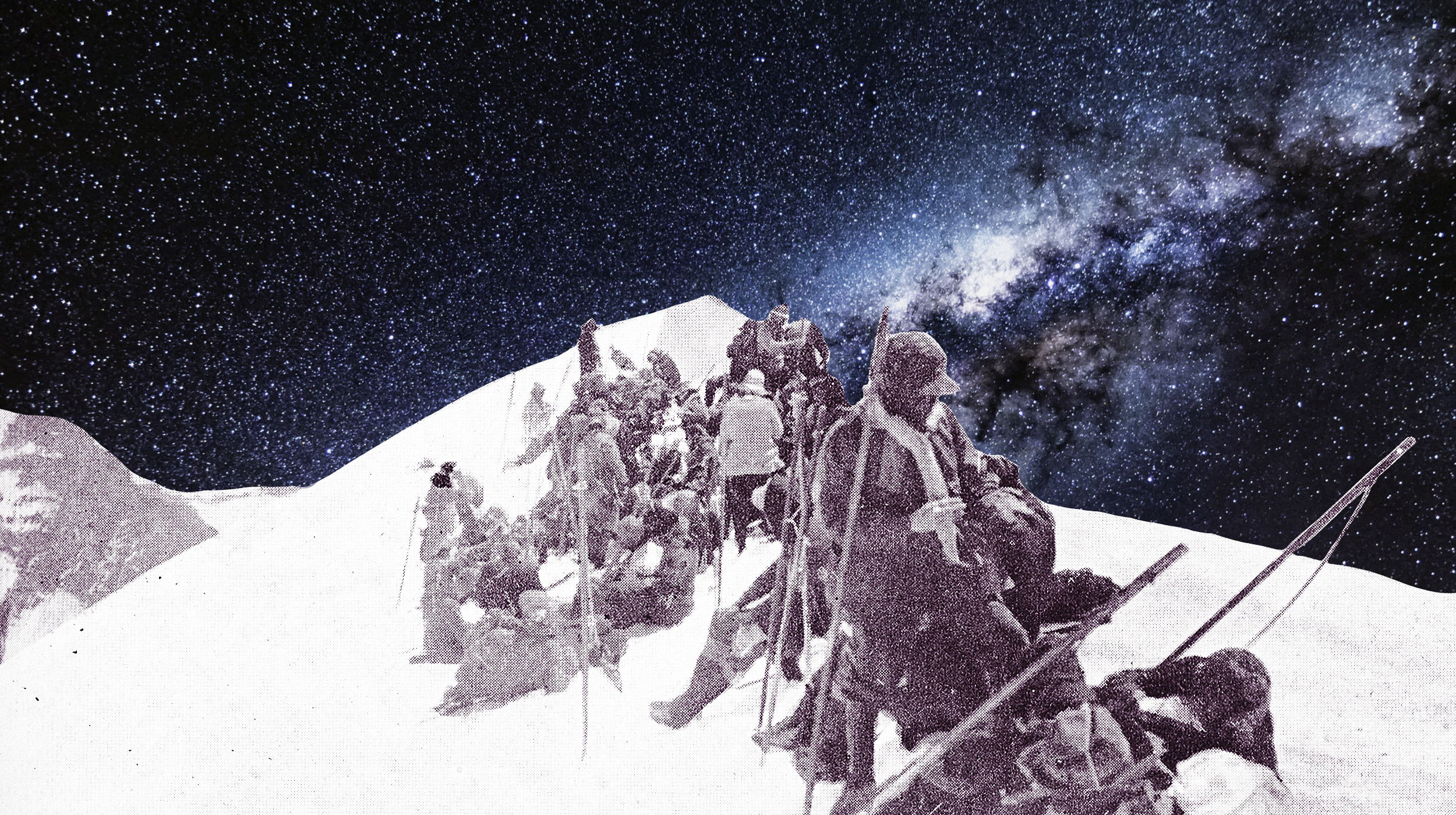geology
Meet your new flying nightmare: Thapunngaka shawi.
How did the troughs form?
Scientists track down a puzzling early burst of oxygen on Earth.
A puzzling — and huge — break in the geological record finally might be explained.
Surrounding Earth is a powerful magnetic field created by swirling liquid iron in the planet’s core. Earth’s magnetic field may be nearly as old as the Earth itself – and […]
Yes, the magnetosphere is weakening. It does that from time to time.
Scientists look to erupted sea glass — lava that erupted in the ocean and was instantly chilled by the surrounding water — to take Earth’s temperature.
The eastern inner core located beneath Indonesia’s Banda Sea is growing faster than the western side beneath Brazil.
Long before Alexandria became the center of Egyptian trade, there was Thônis-Heracleion. But then it sank.
The Younger Dryas impact hypothesis argues that a comet strike caused major changes to climate and human cultures on Earth about 13,000 years ago.
The Taupo volcano was responsible for one of the most violent eruptions on record.
Scientists created the mineral lonsdaleite in a lab and tested its strength using sound waves — before it was obliterated.
A new study reveals what caused most life on Earth to die out during the end-Permian extinction, also known as the Great Dying.
Geologists discover a rhythm to major geologic events.
Mastodons, rhinos, and even camels — all in the great state of California.
A study from Carnegie Mellon University tracks the travels of tarantulas since the Cretaceous period.
A recent study of Iceland’s Krafla volcanic caldera suggests hidden magma pools may be lurking under many of the world’s volcanic systems.
Satellite imagery can help better predict volcanic eruptions by monitoring changes in surface temperature near volcanoes.
A new study provides a possible scientific explanation for the existence of stories about ancient saints performing miracles with water.
A new study makes a compelling case for the origin of unexplained masses of underground rock causing changes to the Earth’s magnetic field.
How do you get usable phosphorus into a system? A new study suggests lightning can do the trick.
555-million-year-old oceanic creatures share genes with today’s humans, finds a new study.
Waun Maun was an ancient Welsh stone circle that had an awful lot in common with Stonehenge.
A new model of plate tectonics offers a chance to look back a billion years with new found accuracy.
Some mysteries take generations to unfold.
A new study analyzed Martian glaciers to discover that the planet had numerous ice ages.
Valles Marineris on Mars is 10 times longer and three times deeper than Earth’s Grand Canyon.
The arc of geological history is long, but it bends towards supercontinents – so, what will the next one look like?
Researchers from Norway discover that the Moon’s tides influence the release of methane from the ocean floor.
Carbon dating allows us to know exactly when ice was melted for drinking water in pre-Columbian America.
